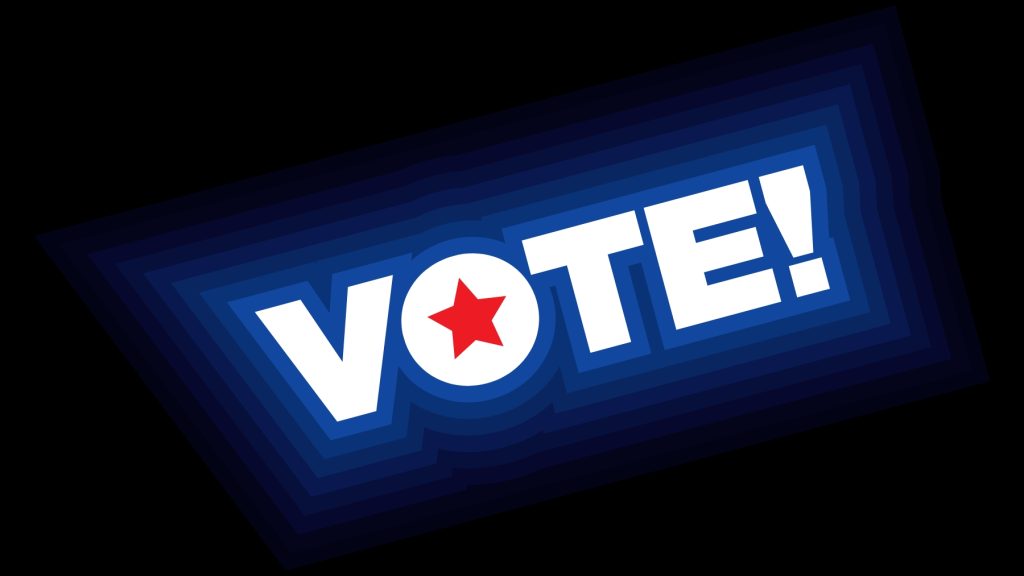
The 2024 elections have recently been labeled as “Social Media Election” driven by cyberattacks and disinformation campaigns shaping political opinions.
Recent studies revealed a concerning drop in engagement with voting information on Meta-owned social platforms, as the US presidential elections are set to take place in November where social channels are playing a plethora of roles to either amplify or even distort political messages, spread of misinformation, target ads, and shape public discourse.
How Can Social Media Influence Elections?
An April study by Free Press found that none of the twelve major tech companies are taking necessary action to limit the flood of political disinformation ahead of the elections. Most notably, Meta has scaled back fact-checking of election-related content and instead has chosen to downrank political analysis, often containing key information about voting.
Following a study by Accountable Tech, engagement with political content on Instagram decreased 65 percent after Meta announced its intention to stop recommending political posts.
The Washington Post further reported that one popular Instagram influencer saw a 63 percent drop in audience reach every time she used the word “vote,” even when the context was non-partisan. These declines underscore the potential risks of suppressing critical information about voting at a time when many Americans are relying on the link between election campaigns and social media.
Effect of Social Media in Elections
Not only is the 2024 election upset by decreases in social media engagement, but it has also been characterized by a rise in cyberattacks meant to disrupt social media election.
Cyberattacks could drastically increase misinformation spread and create a climate of mistrust for candidates using social media in elections which makes it even more difficult for voters to acquire correct information. Election and social media are facing a threat that has become even graver as platforms such as Meta pull back from their promises to protect the integrity of the electoral process.
Nora Benavidez, Senior Counsel and Director of Digital Justice and Civil Rights at Free Press said, “We’re less than twenty days away from the U.S. elections and social-media companies are continuing to roll back previous commitments.” This withdrawal from responsibility leaves voters vulnerable to misinformation at a critical time.
Social media election is causing profound consequences for voters because of the threatening disinformation on platforms. Living in a world where platforms don’t invest in content moderation or trust and safety teams, the American public must figure out what is fact and what is false.
According to what Benavidez said, most voters will use some social-media app this election cycle, and these are urgent moments in which platforms must protect information integrity or else voters will pay for the consequences of current social media results on presidential election.
Final Thoughts on Social Media Election
With the 2024 elections just around the corner on November 5th, it is hard to put into words the broad implications of reduced engagement on social media and suppressed vital information on voting.
Elected officials using social media for their campaigns depend on these platforms to reach out to voters. Suppression of political information could trigger mass voter confusion, discouragement, and reduced voter turnout.
With the continuous spread of unchecked misinformation, election integrity is certain to be at risk. The only way for preserving democracy and making sure that everyone’s voice is heard on election day is implementing more transparency and responsibility on the part of the social media companies themselves.
Inside Telecom provides you with an extensive list of content covering all aspects of the tech industry. Keep an eye on our Tech sections to stay informed and up-to-date with our daily articles